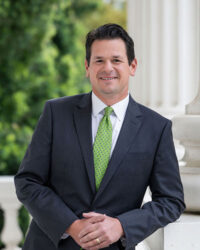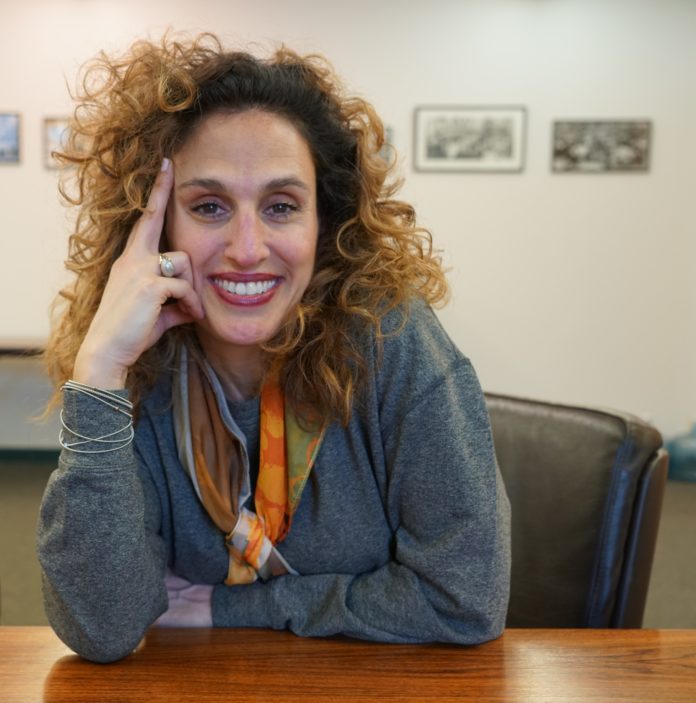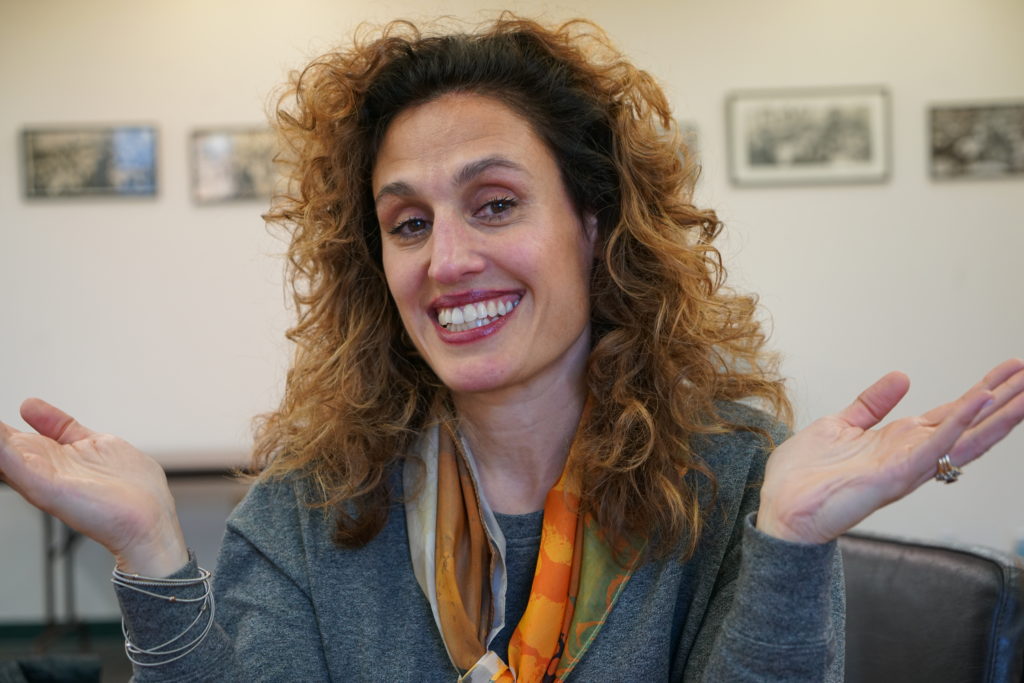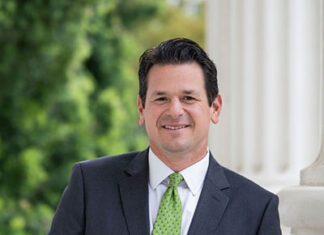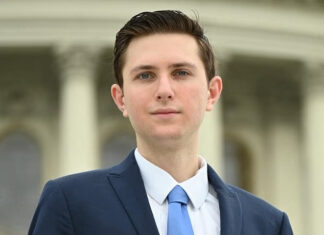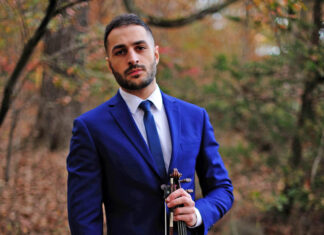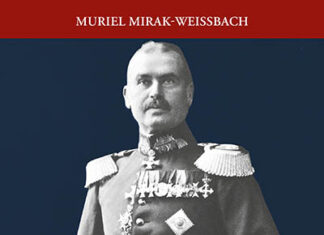WATERTOWN — The Armenian International Women’s Association (AIWA) hired its first fulltime executive director in November 2018. In that post, Rachel Onanian Nadjarian is attempting some major changes in direction for the organization.
Nadjarian has extensive experience in nonprofit management, marketing and advertising as well as decades of involvement in the Armenian community. She related that though her mother was not Armenian, she raised her two daughters to be involved in Armenian affairs. Nadjarian went to Armenian Saturday school at Holy Trinity Armenian Church in Cambridge, Mass., and later taught Sunday school at the same church. She joined the Armenian General Benevolent Union’s Daron Dance Ensemble and, following its director Apo Ashjian when he founded a new ensemble, became one of the original members of the Sayat Nova Dance Company in 1986.
The only dancer of the company who could not speak fluent Armenian, she decided her senior year at Wellesley College, while as an economics and sociology major she was preparing to work on Wall Street, to travel to Armenia. Prof. Philip Kohl was preparing for an archaeological dig in Armenia and on the spur of the moment Nadjarian decided to join it for seven weeks in the summer of 1992. She became comfortable in Eastern Armenian during this trip.
She began a career in advertising in Cambridge, Mass. but after two years switched to working for the Museum of Science in Boston, and was inspired by working in a nonprofit environment. Consequently, she did the nonprofit program from 1995 to 1997 to earn a Master’s in Business Administration from Boston University’s Questrom School of Business and then went to work on a $132-million fundraising campaign for the Boston Symphony Orchestra, which was, she said, at the time the largest ever of any institution. She said, “I felt I had learned fundraising in probably the best environment in which I could ever learn — major gifts, gift recording, donor relations and how it is done right.”
After running the career center for MBAs at Boston University’s School of Management, she went to Crimson and Brown, running a sales team on career events. Due to her husband getting jobs in Michigan and then San Francisco she moved several times, focusing on their children, while doing consulting projects, often for Armenian organizations, for several years. She moved again in 2004 to New York, where she lived until 2015, with the exception of one year in Boston. The last two years in New York she worked as the director of advancement of a private school and helped create their development department, but after a move to the Washington D.C. area, she returned to consulting, with her Armenian clients including the Armenian Tree Project, the Aurora Humanitarian Initiative and the IDeA Foundation. She also got involved in the Armenian Relief Society as a volunteer from 2013 to 2017.
Nadjarian presented her varied work as good background for her position with AIWA. She said, “I am used to wearing many hats, dealing with a lot of ambiguity, and creating structure with brand and mission so it makes sense.”
